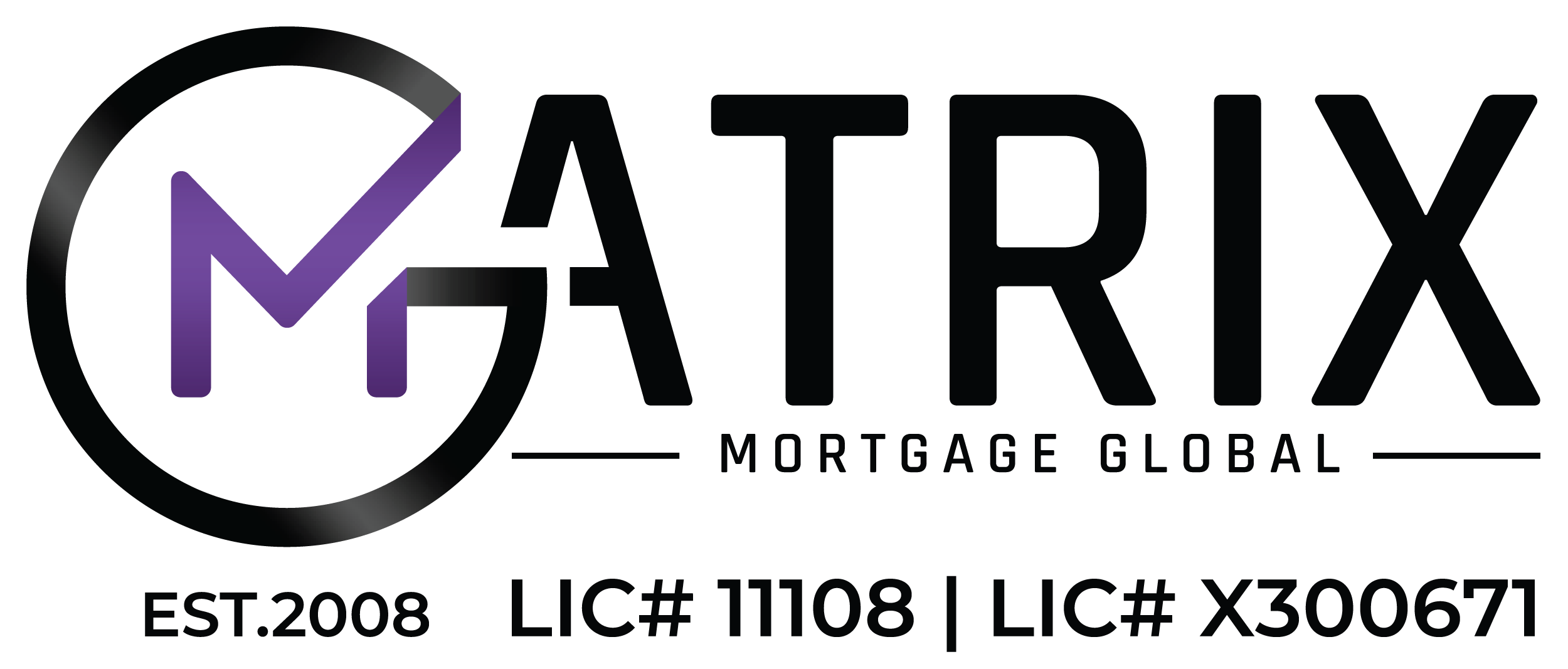
Understanding private mortgages- your guide to quick funds!
Are you in need of fast funds? If yes, then a private mortgage may be the way to go! A private mortgage is an agreement between two parties—the borrower and the lender—which usually does not involve a traditional financial institution. The terms of the loan are customized to fit the needs of both parties, making it a great option for anyone seeking quick capital with flexible rates and terms. In this blog post, we’ll dive into the world of private mortgages and explore how they work, the benefits they offer, and some tips on finding a suitable lender. With this guide in hand, you’ll have all the information you need to make an informed decision about your financing options. Let’s get started!
Steps to apply for Private Mortgage
If you’re in need of quick funds, a private mortgage may be the right solution for you. Here’s a step-by-step guide to applying for a private mortgage:
1. Research private mortgage lenders in your area. Compare interest rates and terms to find the best deal.
2. Contact the lender and begin the application process. You’ll likely need to provide financial information, such as income and asset statements.
3. Once approved, sign the loan agreement and receive your funds. Private mortgages typically have shorter repayment terms than traditional mortgages, so you’ll need to make sure you can afford the monthly payments.
How can I use a private mortgage?
A private mortgage is a loan not issued by a bank or other financial institution. Private mortgages are typically short-term loans, lasting anywhere from one to five years. They are often used by people who are unable to get a traditional mortgage because of bad credit or some other reason.
If you are in need of quick funds, a private mortgage may be a good option for you. Private mortgages can be used for many different purposes, such as:
-Paying off high-interest debt
-Making home improvements
-Financing a small business
-Purchasing investment property
The interest rate on a private mortgage is usually higher than that of a traditional mortgage, so it is important to make sure that you can afford the payments before taking out this type of loan. You should also be aware that there is typically no prepayment penalty with a private mortgage, so you can pay off the loan early if you wish.
Advantages of choosing a private mortgage
When it comes to obtaining financing for a real estate purchase, private mortgages are often an attractive option for borrowers. Private mortgages can provide a number of advantages over traditional bank financing, including:
Flexibility: Private lenders are often more willing to work with borrowers on tailoring loan terms to their specific needs and situation. This can include working with borrowers who may have less-than-perfect credit or who are self-employed.
Speed: Private lenders can often move quicker than banks when it comes to approving and funding a loan. If you need financing fast, a private mortgage may be the way to go.
Lower costs: Private mortgages typically come with lower fees and closing costs than bank loans.
Of course, as with any type of loan, there are also some potential drawbacks to consider before taking out a private mortgage. These can include:
Higher interest rates: Because private lenders are taking on more risk by lending to borrowers with less-than-perfect credit or who are self-employed, they may charge higher interest rates than banks.
Shorter repayment terms: Private mortgages typically have shorter repayment periods than bank loans, meaning you’ll need to pay off the loan faster.
Before deciding whether a private mortgage is right for you, be sure to compare offers from multiple lenders and carefully consider the pros and cons.

